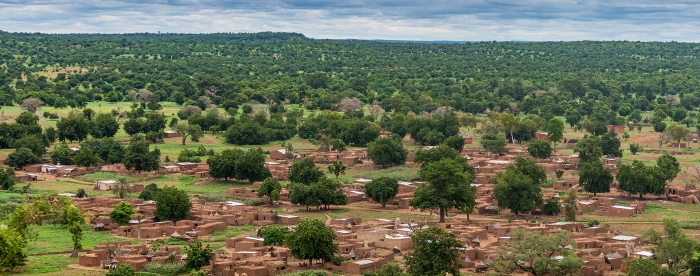*Opportunity to introduce WEF Nexus interventions regarding dryland restoration in Africa*
Call for contributions to European Tropical Forest Research Network (ETFRN)’s News 60: Restoring African Drylands
ETFRN News 60 will focus on dryland landscape restoration, from government and private sector reforestation to farmer managed natural regeneration, improvements to grasslands and rainfed agriculture, changes in tenure and governance, management of exotic species and bush encroachment. It will look at how to ensure smallholder and community participation and financing, while assessing the myriad roles of varied policies, current and potential roles of the private sector and non-governmental organisations, and how different relationships with local people and associations influence the eventual impacts. The environmental impacts of landscape-level restoration appear to be clear, the social impacts less so, and these will also be further analysed in the light of the above contexts.
While acknowledging that dryland restoration efforts are occurring globally, this edition will focus on African experiences and especially those from the Sahel and the Greater Horn of Africa, though those from elsewhere that could bring such cases into context will also be considered. This ETFRN News will highlight lessons learned in the broadest sense, identifying barriers and knowledge gaps, and opportunities that would promote effective scaling out of what could guarantee the most positive social, environmental and economic impacts. It will build on the current momentum for landscape restoration, supporting and complementing national initiatives, and the commitments of governments to international goals agreed through conventions and declarations.
If you have a story to tell on dryland restoration in Africa and would like to share it, send a short outline (half page to a page) to the co-editors Nick Pasiecznik (nick.pasiecznik@tropenbos.org) and Chris Reij (chris.reij@wri.org) by 30 April 2020. When doing so, please consider the following questions that this edition will look at answering…
- What factors (technical, social, policy, economic, financial) contributed to the success or failure of the dryland restoration approach/mechanism/experience, and in what ways?
- To what extent were different stakeholders consulted, involved and who benefitted, including local communities, gender and youth aspects?
- Is landscape restoration providing any broader benefits, e.g. improving community resilience, food, fodder, fuel and water security, and to reducing poverty, out-migration, conflict and extremism?
- How can effective restoration initiatives be better financed, and what other measures are needed to maximise scaling out to the level required to meet national and international goals?
- At a global level, how can the current international attention for dryland forest and landscape restoration be better translated into successes on the ground?
All those submitting abstracts will be contacted by 15 May, and successful authors will be offered a framework and a dedicated editor to assist in transforming summaries to illustrated realities. Full articles (2500-3000 words) must then be submitted at the latest by 15 July, and following editing and review, will be published online, beginning in October. They will then be published together as a printed compendium, for release in January 2021.
Click here for call in English and French

